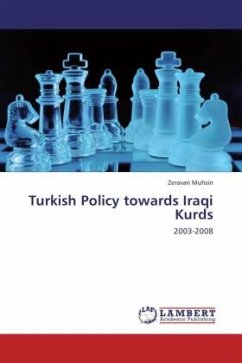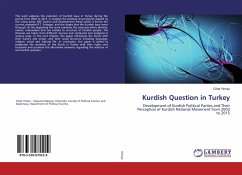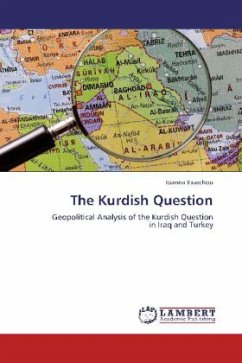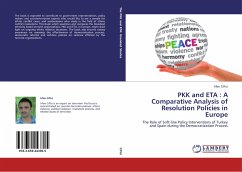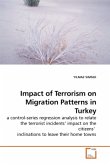This study examines the relationship between popular support for the Kurdish Worker s Party (PKK), which is an ethnic insurgent and terrorist organization mainly operating in Turkey, and its terrorist activities during the pre-and post-election periods in Turkey . Popular support has been measured through popular votes for the political party affiliated with the PKK in 1999 general, 2004 local and 2007 general elections. Two leading theories of social movements, Resource Mobilization Theory (RMT) and Relative Deprivation Theory (RD), were used as theoretical approach. The study uses secondary data and constructs a longitudinal design. An advanced statistical analysis technique, a generalized hierarchical linear model: time nested within subjects (or GHLM repeated measures) was employed in this study. Findings indicate that popular support is positively related to terrorist attacks of the PKK in Turkey. More popular support for the insurgent leads to more terrorist attacks.
Bitte wählen Sie Ihr Anliegen aus.
Rechnungen
Retourenschein anfordern
Bestellstatus
Storno


